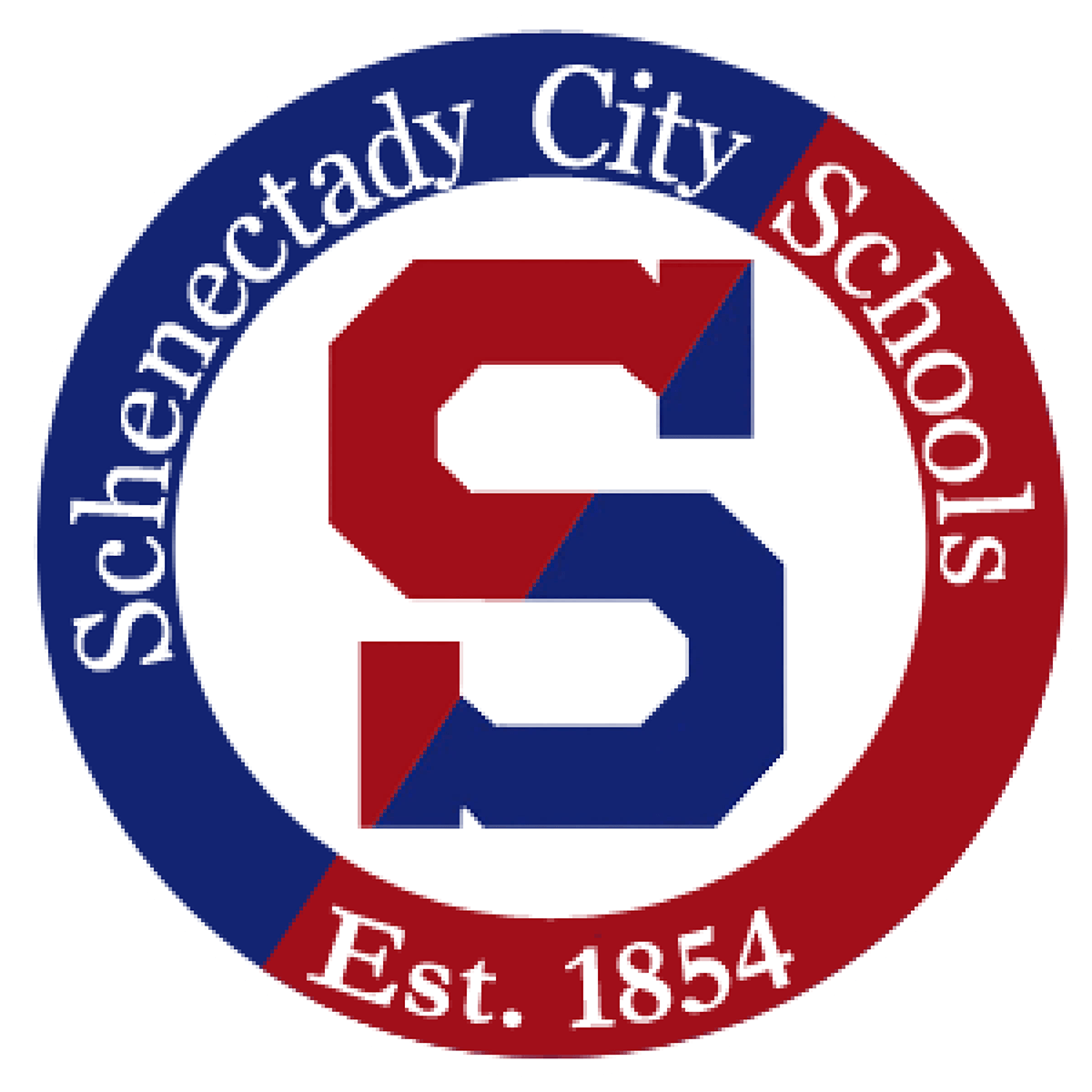LEADERSHIP HANDBOOK
APPLIANCE SAFETY
The use of electrical equipment and appliances in classrooms can create potential safety hazards related to fire, overloading of electrical systems, and injury to individuals. The following is a list of safety measures that need to be followed for the use of appliances in classrooms when approved by the building administration and/or head custodian.
Refrigerators and microwaves are permitted. However, they must be plugged directly into a wall socket or a separate surge protector power strip.
Plugging a power strip into another (piggybacking) is not allowed.
Extension cords may not be used to power items that are in continuous use, such as refrigerators or microwaves. Extension cords may not be extended through walls, ceilings, or floors or under doors, carpets, or other floor coverings.
Electrical Appliances should be Underwriter’s Laboratory listed and in good operating condition. Any damaged appliances, including frayed electrical wiring or cords must be removed.
Due to the potential for student injury, coffee makers are not allowed in classrooms. Please restrict them to faculty lounges, and break areas. Special programs that require use of coffeemakers such as Home and Career classes or Life Skill Training classes are exempt but must provide the necessary adult supervision.
Electric fry pans, hot plates, hot pots, toasters, and toaster ovens are not allowed in classrooms or offices. Candles and open flames are not allowed. This does not include the gas or electric burners in science labs or technology rooms, Home and Career rooms, Life Skills Training classes, and kitchen cooking facilities.
The Fire Inspector has the authority to take appropriate action to correct or abate any situation that is considered a fire hazard.
